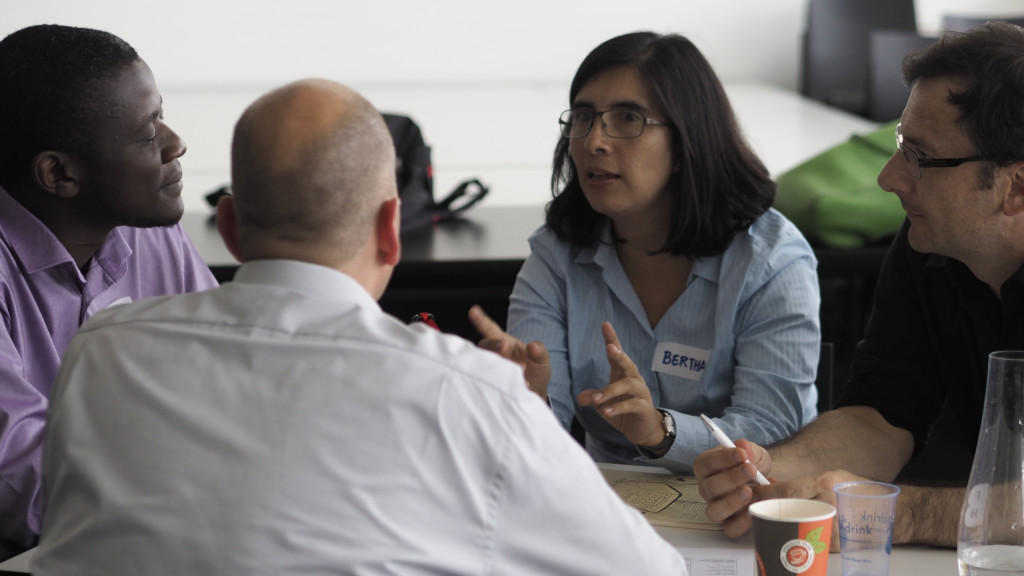Introduction: Small Group Conversations Small groups are an essential building block to any future you want to create
Wisdom of Crowds of Crowds What Is the Optimum Group Size for a Conversation? Close Pop-up all posts in this chapter What’s the Vibe? Please be patient as this may take up to a minute to load… Close Small group conversations are at the heart of Conversational Leadership, but there are several challenges to be … Continue reading Introduction: Small Group Conversations Small groups are an essential building block to any future you want to create











